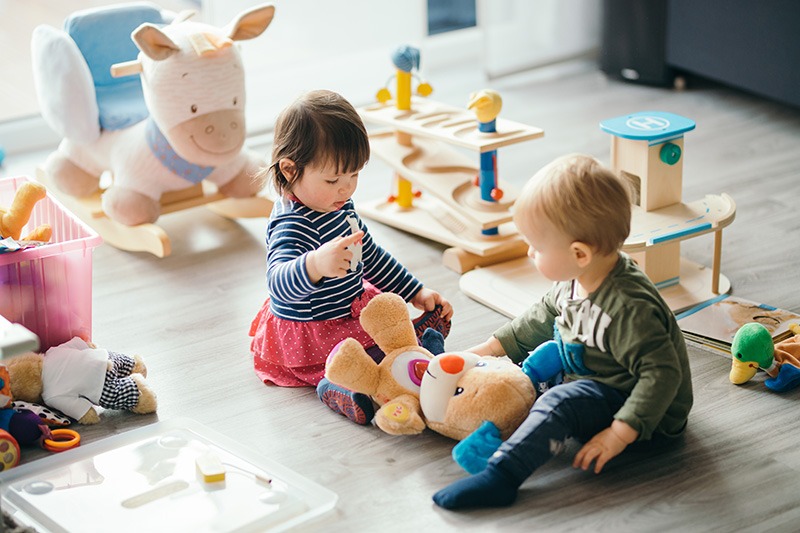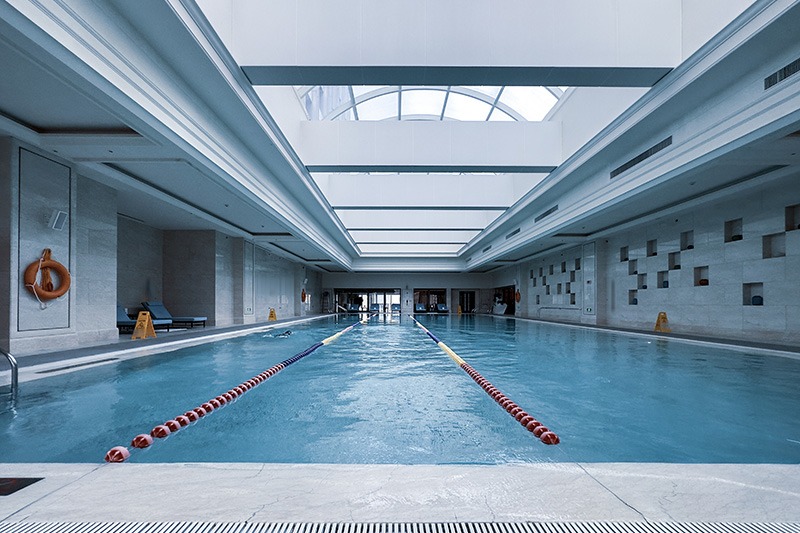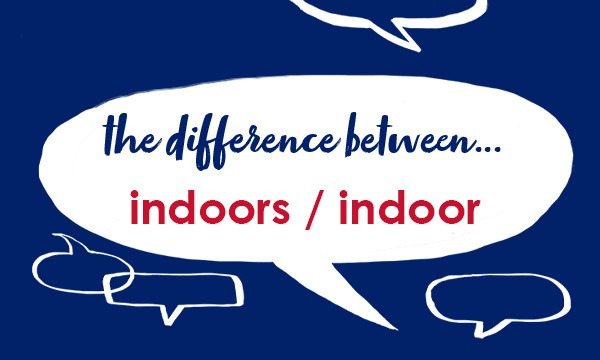This week we are looking at two words which may be confused by learners of English: indoors and indoor.
indoors

Indoors is an adverb. If you go indoors, you go into a building.
It started to rain, so we went indoors.
If something happens indoors, it happens inside a building.
The children were playing indoors.
indoor

Indoor is an adjective used in front of a noun. You use it to describe objects or activities that exist or happen inside a building.
The hotel has an indoor swimming pool.
We’ll think of some indoor games to play if it’s wet.
Find out more in our English Usage article.
This blogpost is based on Collins COBUILD English Usage, written for learners of English. For more examples of English usage points, please visit: https://grammar.collinsdictionary.com/english-usage.
All opinions expressed on this blog are those of the individual writers, and do not necessarily reflect the opinions or policies of Collins, or its parent company, HarperCollins.




collins_dictionary_official
The home of living language. #wotd #wordlovers #collinsdictionary
Read our word of the week definitions and blog posts: